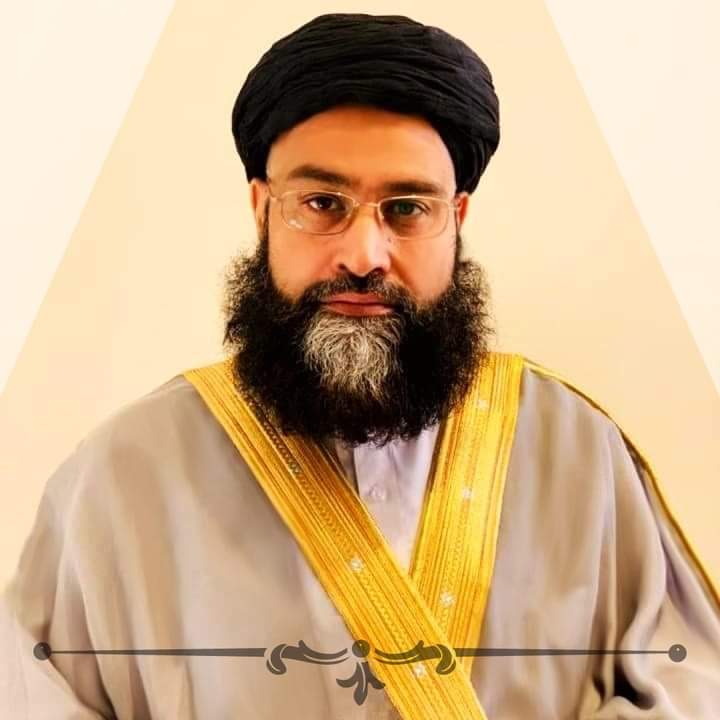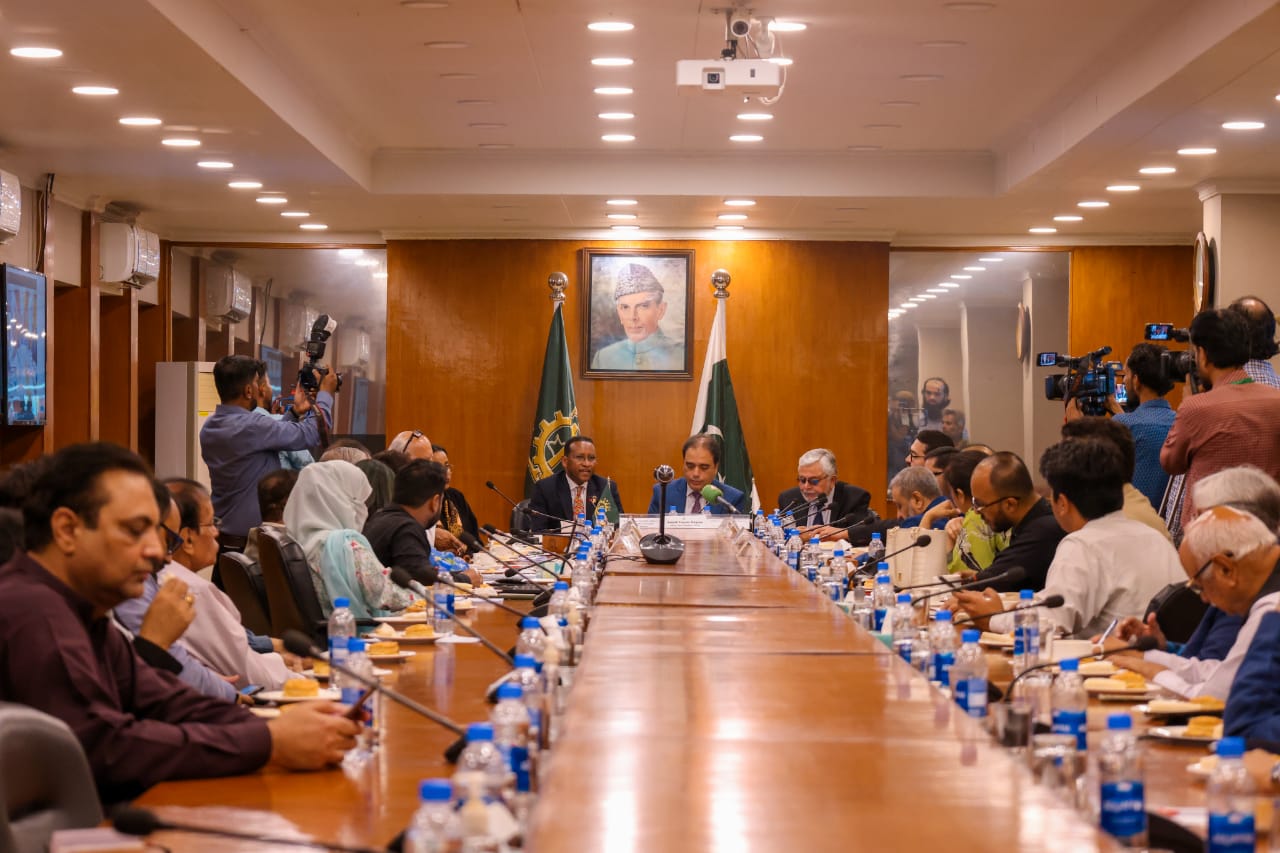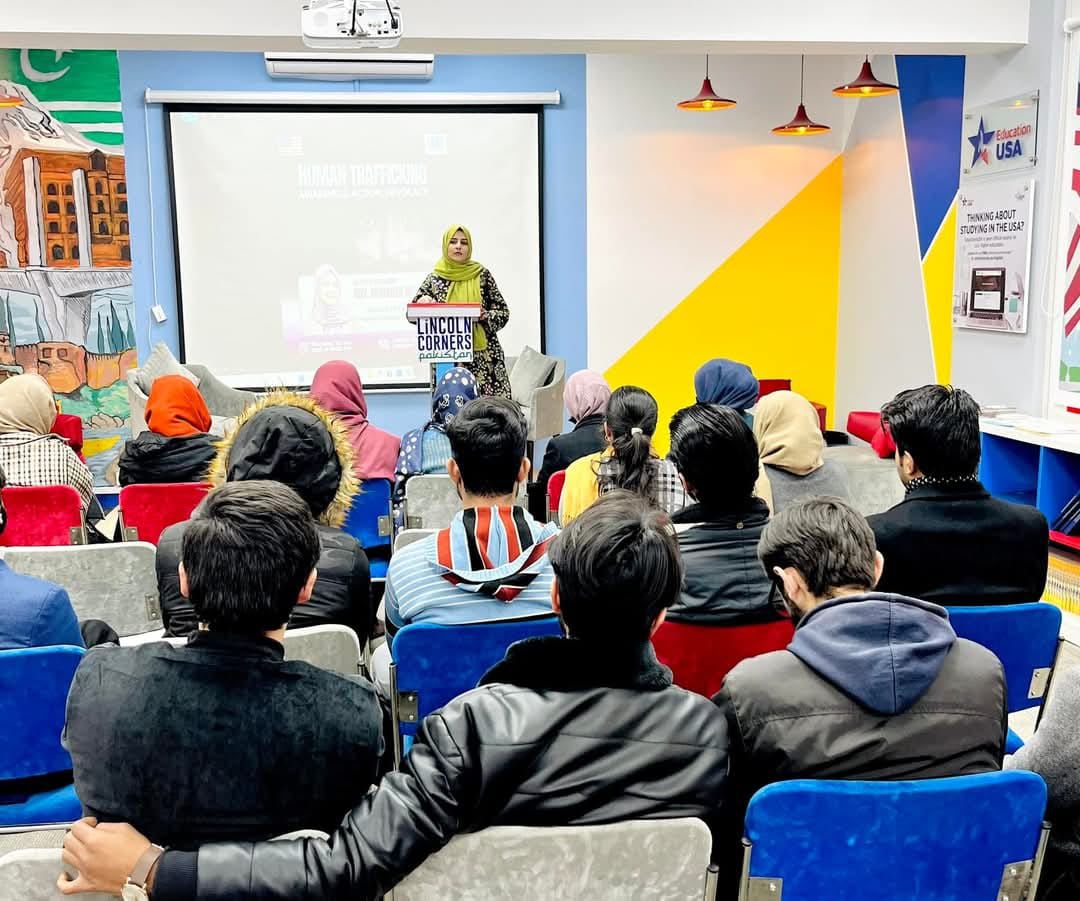Controversy Erupts Over Hajj Pilgrim Photos: Pakistan Ulema Council Calls for Action Against Violators
In a recent press conference, Pakistan Ulema Council head Allama Tahir Ashrafi sparked controversy by addressing concerns over the photographing of Hajj pilgrims. Ashrafi emphasized that capturing images of pilgrims during Hajj and Umrah was not permissible according to Shariat and ethics, citing a lack of precedent for the practice.
Ashrafi condemned those who had violated Pakistani and Saudi Arabian laws by taking photographs of pilgrims, calling for immediate government action against such individuals. He criticized the Saudi government’s response to the issue, labeling it as “shameful” and potentially detrimental to the country’s reputation.
Adding to the discussion, Ashrafi highlighted the implementation of the Road to Makkah policy for facilitating the Hajj pilgrimage. Furthermore, he announced his and Maulana Fazlur Rehman’s nomination as members of the Islamic World Association.
Amidst the discussion, Ashrafi also touched upon the unrest in the Middle East, advocating for the establishment of an independent Palestinian state as the solution to the ongoing issue.
The statements made by Allama Tahir Ashrafi have ignited debates surrounding the privacy and religious practices of Hajj pilgrims, prompting calls for action and reflection within both Pakistani and Saudi Arabian communities.




